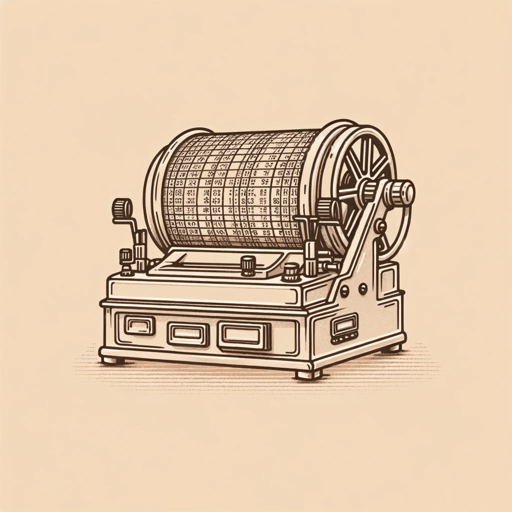90 pages • 3 hours read
Studs TerkelHard Times: An Oral History of the Great Depression
Nonfiction | Biography | Adult | Published in 1970A modern alternative to SparkNotes and CliffsNotes, SuperSummary offers high-quality Study Guides with detailed chapter summaries and analysis of major themes, characters, and more.
Important Quotes
“The 12th Infantry was in full battle dress. Each had a gas mask and his belt was full of tear gas bombs. They were given a ‘right face,’ which caused them to face the camp. They fixed their bayonets and also fixed the gas masks over their faces. At orders, they brought their bayonets at thrust and moved in. The bayonets were used to jab people, to make them move.”
(Book 1, Chapter 1, Section 2, Page 17)
A. Everett McIntyre describes what he saw in late June 1932, when the US Army forcibly dispersed tens of thousands of World War I veterans. These so-called “Bonus Marchers” descended on Washington DC that summer and camped out across the city in hopes of pressuring the federal government into paying them their promised bonuses several years early. The presence of so many disaffected veterans frightened some members of the government, and President Hoover called upon General Douglas MacArthur to drive the “Bonus Marchers” out of the capital. MacArthur’s brutal tactics illustrate the American political establishment’s indifference to genuine suffering even on the part of veterans who risked their lives in fighting for the country.
“No, I don’t see the Depression as an ennobling experience. Survivors are still ridin’ with the ghost—the ghost of those days when things came hard.”
(Book 1, Chapter 4, Section 1, Page 34)
Ed Paulson of South Dakota recalls traveling the country on freight trains as a teenager during the Depression. Like everyone else who rode those trains, he was looking for work. His experience took him across the central and western US, from San Francisco to a transient camp in Nebraska. This quotation has significance for two reasons. First, Paulson identifies the people who lived through the Depression as “survivors,” which supports Studs Terkel’s description of the Depression as a “holocaust” (3). Second, Paulson’s “ghost” highlights another of Terkel’s major themes, which is that the Depression shaped the people who endured it and still haunts them decades later, speaking to
Related Titles
By Studs Terkel
Featured Collections
Books on U.S. History
View Collection
Class
View Collection
Class
View Collection
Jewish American Literature
View Collection
Memory
View Collection
National Suicide Prevention Month
View Collection
Poverty & Homelessness
View Collection
Pride & Shame
View Collection
SuperSummary Staff Picks
View Collection


